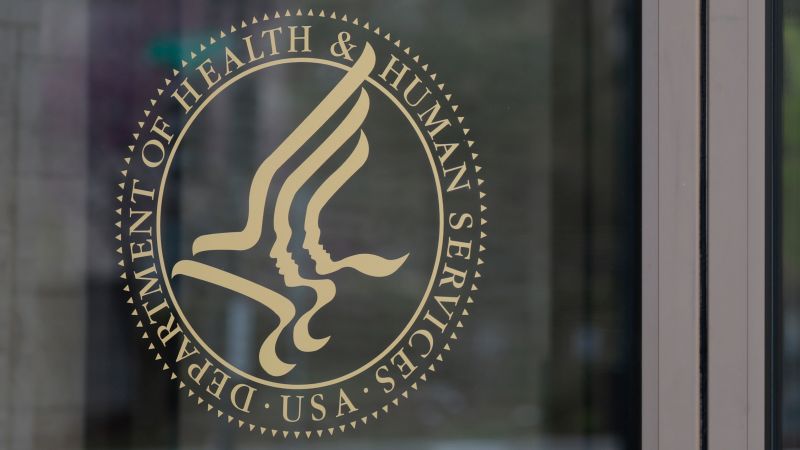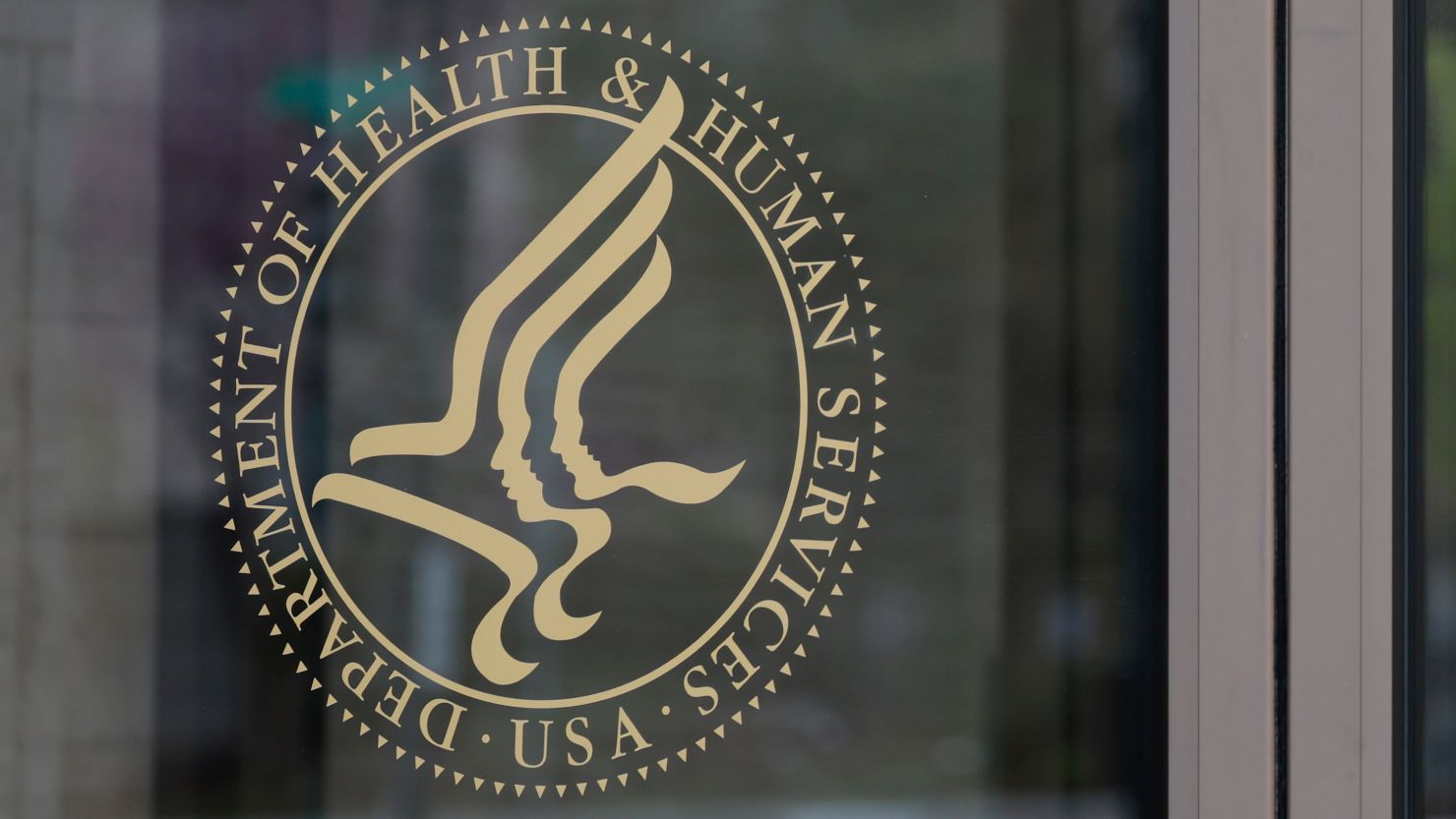🚨 Breaking News: A bombshell internal document leaked from the Trump administration is sending shockwaves through the healthcare industry.



Implications and Concerns
The proposed budget cuts and reorganization plans have significant implications for public health and research. The potential consequences of disease prevention and treatment are alarming, as the cuts would severely limit the ability of federal health agencies to respond to emerging health crises.

Impact on Public Health and Research
The consolidation of institutes researching childhood illnesses, mental health, chronic disease, disabilities, and substance abuse into five new entities raises concerns about the ability of these institutes to effectively address the complex health issues they are tasked with. The shuffling of these institutes into new entities could lead to a loss of expertise and resources, ultimately hindering progress in these critical areas of research.
Furthermore, the proposed budget cuts would significantly impact medical research and funding. The National Institutes of Health (NIH) would see its budget slashed by more than 40%, which could result in a significant reduction in funding for medical research grants. This could have a devastating impact on the ability of researchers to develop new treatments and therapies for diseases.

Concerns from Health Experts and Lawmakers
Health experts and lawmakers are expressing growing concerns about the proposed budget cuts and reorganization plans. Many are calling for reform, citing the need for a more efficient and effective approach to addressing public health issues. GOP lawmakers, in particular, are pushing for changes to the NIH, with some proposing a consolidation of the institutes into 15 entities.
However, there is also bipartisan support for NIH funding increases in the past, which suggests that there may be opposition to the proposed cuts. Lawmakers from both parties are urging caution, citing the importance of investing in medical research and public health initiatives.

Practical Aspects and Next Steps
Implementation and Timeline
The proposed budget cuts and reorganization plans would require significant changes to the structure and operations of federal health agencies. The timeline for implementation is unclear, but it is likely that the administration will push for swift action on the proposed changes.
The proposed budget cuts would result in significant reductions in funding for various health programs, including the Centers for Disease Control and Prevention (CDC) and the NIH. The CDC would see its budget reduced by more than 40%, which could result in significant cuts to programs focused on chronic disease prevention, domestic HIV/AIDS prevention, and global health initiatives.

Response from Congress and Stakeholders
Congressional review and potential changes to the proposed budget are likely to be intense. Lawmakers from both parties are already expressing concerns about the proposed cuts, and it is likely that there will be significant pushback from stakeholders, including health experts, researchers, and advocacy groups.
The reaction from health experts, lawmakers, and the public is likely to be swift and severe. Many are already expressing outrage at the proposed cuts, citing the importance of investing in public health and medical research. The administration’s plan is likely to face significant opposition, and it remains to be seen how the proposed changes will ultimately be implemented.
Conclusion
Concluding the Devastating News: The Future of US Healthcare in Jeopardy
As we reflect on the shocking revelation of a proposed massive budget cut for federal health agencies, one thing becomes clear: the future of US healthcare hangs precariously in the balance. According to a leaked internal Trump administration document obtained by CNN, a staggering 18% reduction in funding for the Department of Health and Human Services (HHS) is on the table. This draconian cut would have far-reaching consequences, decimating critical programs and services that underpin the nation’s healthcare infrastructure. The proposed slashing of funding for the Centers for Disease Control and Prevention (CDC), the National Institutes of Health (NIH), and the Substance Abuse and Mental Health Services Administration (SAMHSA), among others, would leave millions of Americans vulnerable to preventable illnesses, inadequate care, and even death.
The implications of such a drastic budget cut are nothing short of catastrophic. It would not only undermine the nation’s ability to respond to public health crises but also exacerbate existing health disparities, particularly among marginalized communities. The proposed cuts would also hinder the development of new treatments, therapies, and life-saving vaccines, ultimately perpetuating a vicious cycle of neglect and suffering. As we navigate the complexities of a post-pandemic world, the last thing we need is a healthcare system that is woefully underprepared to tackle emerging challenges.
